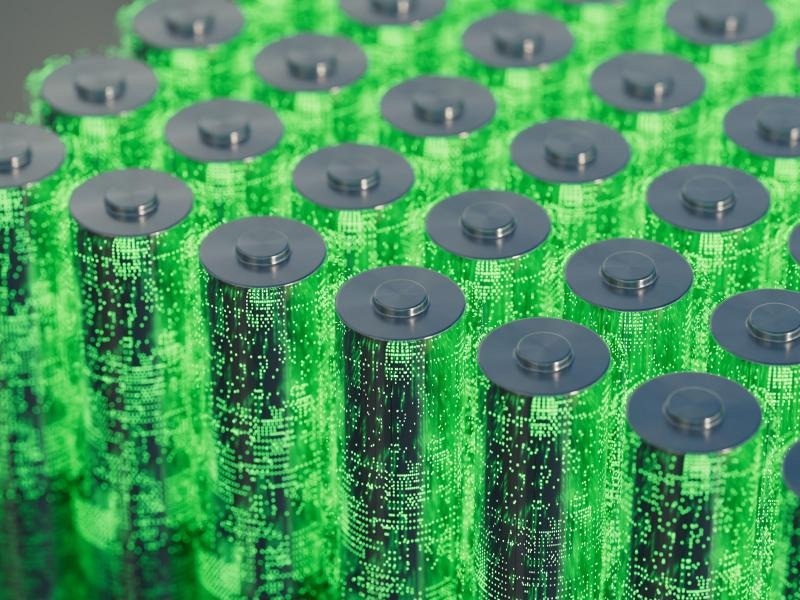A group of researchers from Rensselaer Polytechnic Institute has proposed a greener, more effective, and less expensive energy storage solution in response to concerns about lithium-ion battery shortage, exorbitant prices, and safety in relation to long-term use.

Image Credit: Rensselaer Polytechnic Institute
Nikhil Koratkar, the John A. Clark and Edward T. Crossan Professor of Engineering at Rensselaer, and his team claim that calcium ions, which are plentiful and cheap, could be used as a potential substitute for lithium ions in batteries in a study that was recently published in Proceedings of the National Academy of Sciences (PNAS).
The vast majority of rechargeable battery products are based on lithium-ion technology, which is the gold standard in terms of performance. However, the Achilles’ heel for lithium-ion technology is cost. Lithium is a limited resource on the planet, and its price has increased drastically in recent years. We are working on an inexpensive, abundant, safe, and sustainable battery chemistry that uses calcium ions in an aqueous, water-based electrolyte.
Nikhil Koratkar, John A. Clark and Edward T. Crossan Chair Professor, Materials Science and Engineering, Rensselaer Polytechnic Institute
While Dr. Koratkar and his colleagues propose oxide structures with large open spaces (heptagonal and hexagonal channels) as a potential remedy, diffusion kinetics and cyclic stability are compromised by the bigger size and higher charge density of calcium ions relative to lithium.
They use orthorhombic and trigonal polymorphs of molybdenum vanadium oxide (MoVO) as a host for calcium ions in their effort to develop an aqueous calcium-ion battery.
Dr. Koratkar stated, “The calcium ion is divalent, and hence one ion insertion will deliver two electrons per ion during battery operation. This allows for a highly efficient battery with reduced mass and volume of calcium ions. However, the higher ionic charge and the larger size of calcium ions relative to lithium makes it very challenging to insert calcium ions into the battery electrodes.”
“We overcome this problem by developing a special class of materials called molybdenum vanadium oxides that contain large hexagonal and heptagonal shaped channels or tunnels that run through the material,” added Dr. Koratkar.
With these tunnels serving as “conduits” for reversible and quick ion transport, the team showed how calcium ions could be quickly introduced into and withdrawn from the material. The results show that MoVO offers one of the finest performances for the storage of calcium ions recorded to date.
Dr. Koratkar added, “Calcium-ion batteries might one day, in the not-so-distant future, replace lithium-ion technology as the battery chemistry of choice that powers our society.”
“This work can lead of a new class of high-performing calcium-based batteries that use Earth-abundant and safe materials and are therefore affordable and sustainable. Such batteries could find widespread use in portable and consumer electronics, electric vehicles, as well as grid and renewable energy storage,” he concluded.
Journal Reference:
Lakhnot, A. S., et al. (2022) Reversible and rapid calcium intercalation into molybdenum vanadium oxides. Proceedings of the National Academy of Sciences. doi:10.1073/pnas.2205762119.